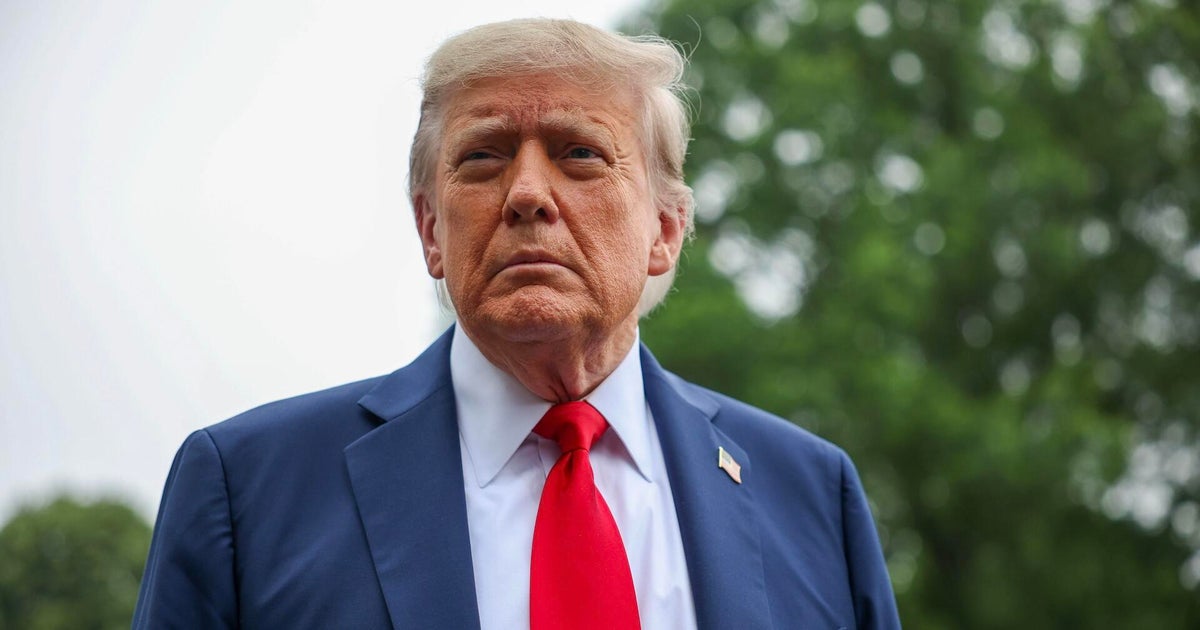Title: Supreme Court Decision on Deportation Protocols Raises Concerns About Human Rights Protections
Washington, D.C. – In a monumental ruling on Monday, the Supreme Court granted the Trump administration the right to deport migrants to third countries without offering them an opportunity to raise fears of persecution, torture, or death. This decision, temporarily suspending a lower court’s injunction, allows for expedited deportations to countries where these migrants do not originate, continuing legal proceedings in the meantime.
The 5-4 decision, with Justices Sonia Sotomayor, Elena Kagan, and Ketanji Brown Jackson dissenting, signifies a victory for the Trump administration amidst ongoing tumultuous legal clashes regarding its stringent immigration policies. The administration has seen its efforts to curb immigration challenged and obstructed at various legal levels, making this Supreme Court order a pivotal moment in its immigration agenda.
A Crackdown on Immigration
In recent years, the Trump administration has taken a hardline stance on immigration, proposing and enacting policies that aim to deter and decrease the number of immigrants entering the United States. As a part of these efforts, the administration has negotiated with several countries, including Costa Rica, Panama, Rwanda, and notably, El Salvador, to house or outright accept migrants deported from the U.S.
Additionally, an investigation revealed that a group of Venezuelans, purportedly gang members, had been detained in a notorious Salvadoran prison under a wartime law from 1798, despite many detainees lacking criminal records. These arrangements and actions have stirred significant controversy and raised human rights concerns, culminating in various legal battles aimed at curtailing the administration’s reach.
Sotomayor’s Stern Dissent
Justice Sonia Sotomayor’s fierce dissent criticized the majority’s decision harshly. She accused the federal government of engaging in “flagrantly unlawful conduct” by deporting individuals without due process and scrutinized the Court’s willingness to support such actions. Her dissent highlights a fear that this situation sets a dangerous precedent for disregard of foundational legal processes and human rights under U.S. and international laws.
In her words, the decision “rewards lawlessness” and potentially subjects thousands to harm and violence in unfamiliar locales. Sotomayor underscored the urgency and moral imperative of adhering to due process, especially when dealing with issues that involve potential threats to life and liberty in foreign jurisdictions.
Public and Legal Backlash
The Department of Homeland Security (DHS) has applauded the ruling, claiming it a “victory for the safety and security of the American people” and affirming its readiness to “fire up the deportation planes.” However, this public sentiment stands in stark contrast to the reactions from various human rights groups and legal advocates who argue that the decision undermines due process rights and exposes vulnerable populations to grave dangers.
Throughout the ongoing court battles, numerous immigration lawyers and advocates have rallied to uphold the procedural rights of migrants. A broader lawsuit was filed against these expedited removals, arguing that such deportations without adequate notice and a chance to contest the removal violate U.S. treaty obligations and statutory laws.
A Question of Judicial and Executive Powers
The Supreme Court’s intervention, while providing a temporary pathway for the resumption of third-country deportations, brings to question the broader implications on the separation of powers. The legal contention centers not just on the rights of migrants but also on how far presidential powers can extend in matters of national security and immigration control.
Critics argue that the administration’s actions, now indirectly endorsed by the Supreme Court, indicate a potentially overreaching use of executive power, bending established procedural and human rights protections in favor of expedited immigration agendas.
Looking Ahead
This ruling opens up a new chapter in the Trump administration’s immigration crackdown and sets a concerning judicial precedent regarding migrant rights and international asylum protocols. The case underscores the ongoing challenges within the U.S. legal framework concerning immigration and human rights, promising continued legal wrangling as new policies and decisions unfold.
The broader implications of this decision will likely resonate through future cases as administrations continue to explore the extents and limits of their powers in dealing with complex immigration issues. As this legal battle continues to evolve, the world watches closely, questioning the balance between national security, executive authority, and fundamental human rights.









